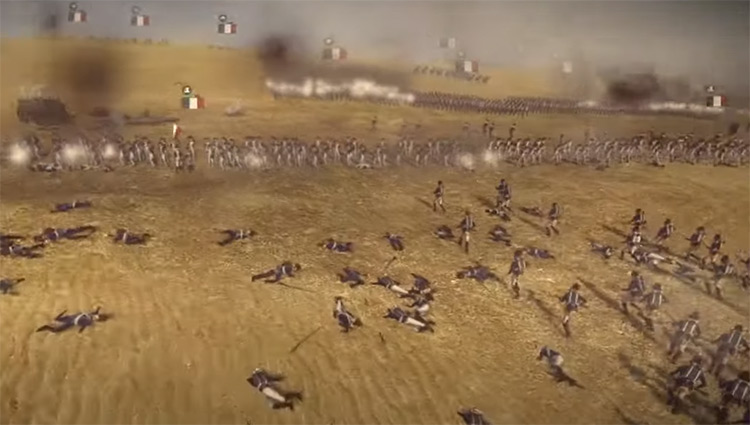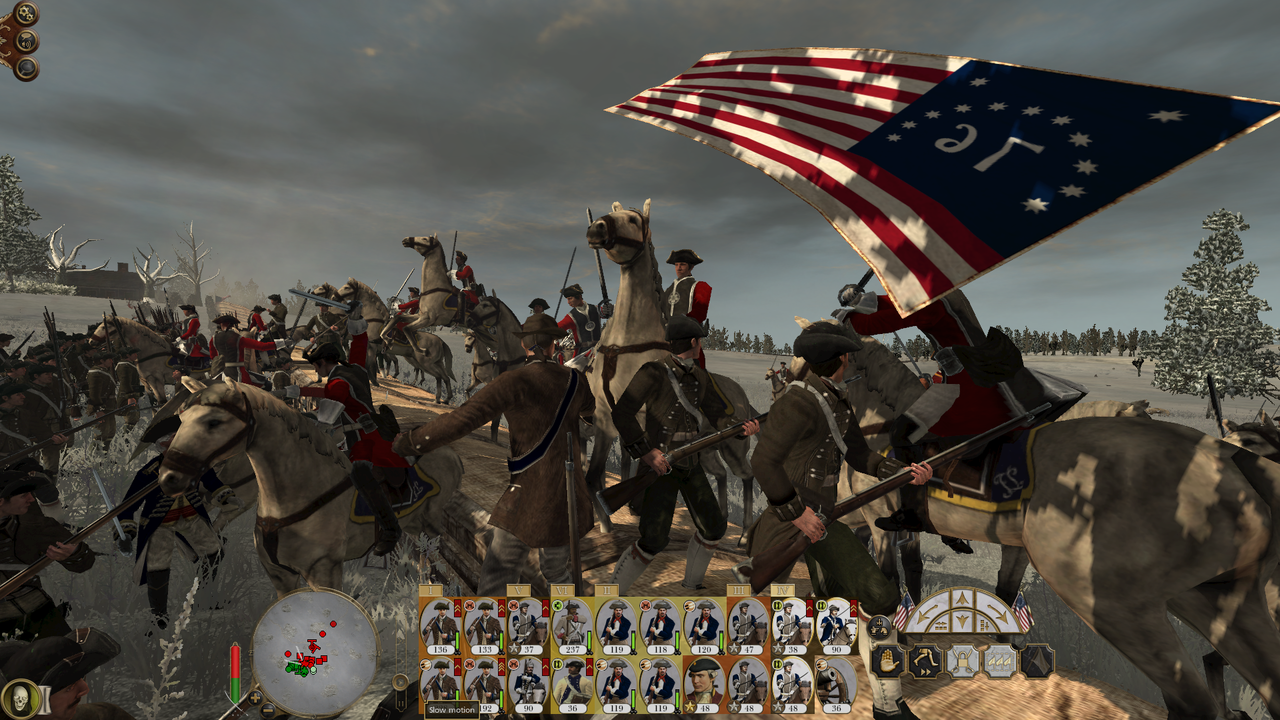

Your emperor remains in power until his death or a revolution, as do ministers, whom you may swap, fire and hire freely. Similar to an absolute monarchy except in name. If you don’t like the new guy you have to wait for the next turn. You can swap ministers freely, but you can only fire one per turn and you won’t get to choose his replacement. Again, other factions can sometimes declare a war of succession when he dies. Ministers also stay in office until they die (or you fire them), so they have enough time to get some good traits.Īgain, you have one king, who stays in place until his death or a revolution. You can fire, hire and swap ministers freely so you have a good opportunity to balance out good and bad traits. Sometimes other factions can declare a war of succession when he dies. You have one king, who stays in place until he dies or until a revolution takes place. It is also not possible to change the government type to an empire, so think twice before you say farewell to it when playing as France. It is not possible for France to have a revolution in the GC as no-one can replace Napoleon as the head of state.

Which government you get depends on which class revolts.

If you use the latter two you should keep an eye on public order in your other settlements and exempt them from taxes if needed. This can be achieved by destroying happiness buildings, reducing garrisons, appointing ministers with bad traits, raising taxes, and so on.

To change your government type you need to have a revolution in your capital region. Below you’ll find a short guide on changing government types and a description of the pros and cons of each, to help you manage your faction effectively. As you’ll know there are different government types in Napoleon: Total War, each with their own benefits and downsides.


 0 kommentar(er)
0 kommentar(er)
